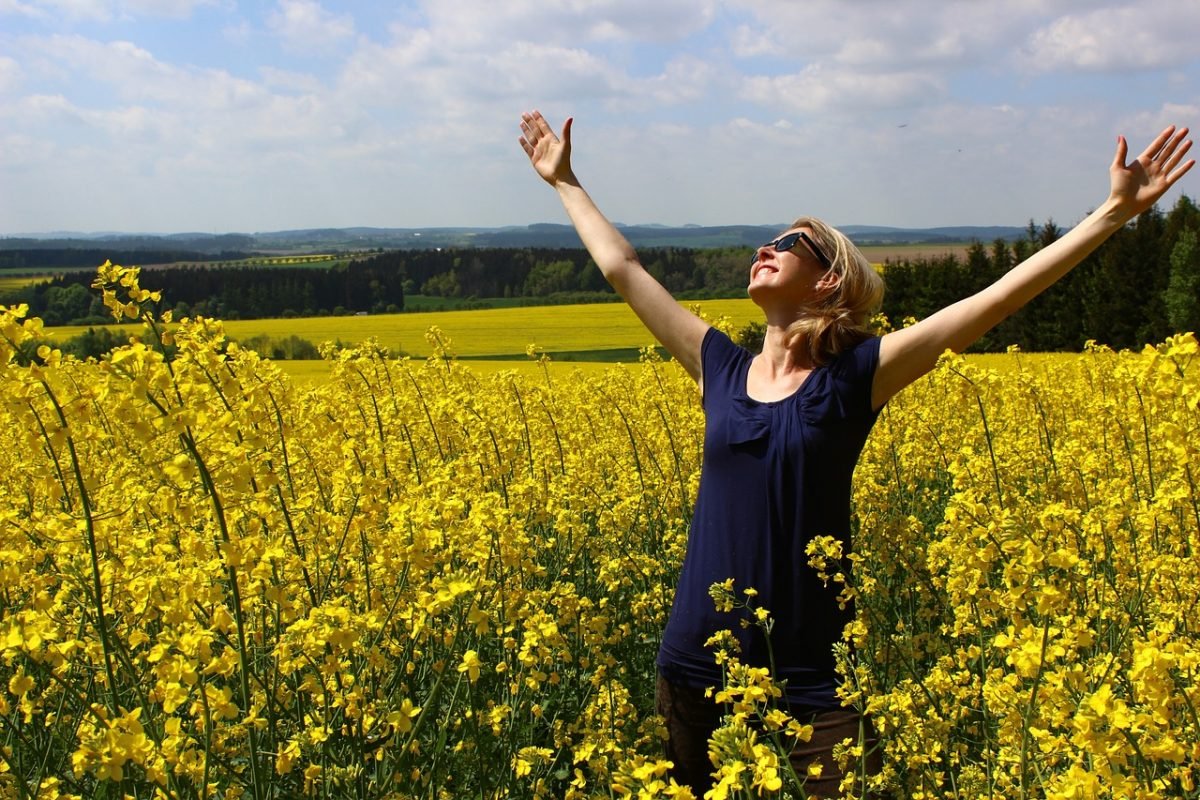The Power of Gratitude
by Irene Pallares
When I was studying my course in humanistic psychology, I took a workshop on quantum physics to understand why emotions and certain vibrations had a strong effect on people’s health, and learned that in the universe everything is energy and energy manifests itself in two ways:
1. As a particle, which is all things that we can touch and see.
2. As a wave, which is the sound, the word, the thought, etc.
Thoughts and emotions are manifestations of energy through waves, therefore, affect and influence our body and our health.
Our thoughts become a habit so we must learn to exercise thoughts with positive and healthy emotions to displace the bad habit of focusing on negative and unpleasant things. Human beings have the tendency to feel victims of circumstances and self-pity.

One of the most powerful weapons we have at our disposal to improve our physical and emotional health is to start focusing our mind and our emotions on gratitude.
According to an article from Harvard Medical School, “The word gratitude is derived from the Latin word gratia, which means grace, graciousness, or gratefulness (depending on the context). In some ways gratitude encompasses all of these meanings. Gratitude is a thankful appreciation for what an individual receives, whether tangible or intangible. With gratitude, people acknowledge the goodness in their lives. In the process, people usually recognize that the source of that goodness lies at least partially outside themselves. As a result, gratitude also helps people connect to something larger than themselves as individuals – whether for other people, nature, or a higher power.”
The first thing we have to do is accept that, at this moment, at this precise moment, everything is perfect as things are, because all human experiences help us grow, improve and mature.
Here I describe several steps that will help us begin to exercise gratitude.
1. Stop seeing yourself as a victim and start behaving like a creator
2. Start a gratitude journal and have it at hand
3. At the end of each day write 3 things for which you feel grateful. They can be small, everyday things such as the laughter of a loved one or important things like your health, your life, etc.
4. Focus your mind on appreciating all the good things that exist in your life and its potential.
5. With your eyes closed, feel in the depths of your being the emotion of being grateful and try to stay with that feeling for the most time.
The world is full of fruits, some are bitter and colorless, but others are sweet and wonderful and those are the ones that will help us to move forward with love, optimism and faith.
I am grateful to be able to write this article for you and for the time given to read it.
Featuring this week:





